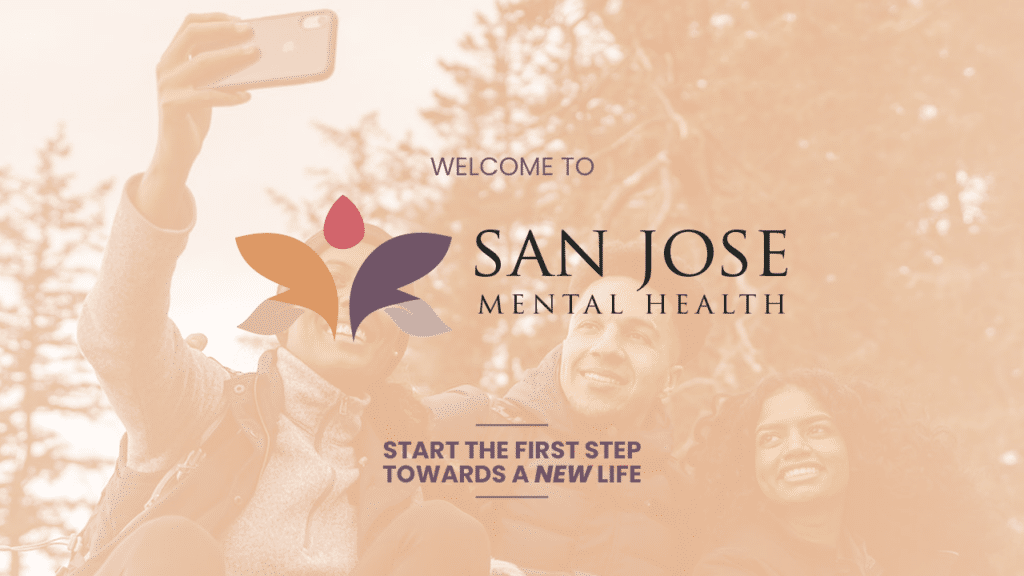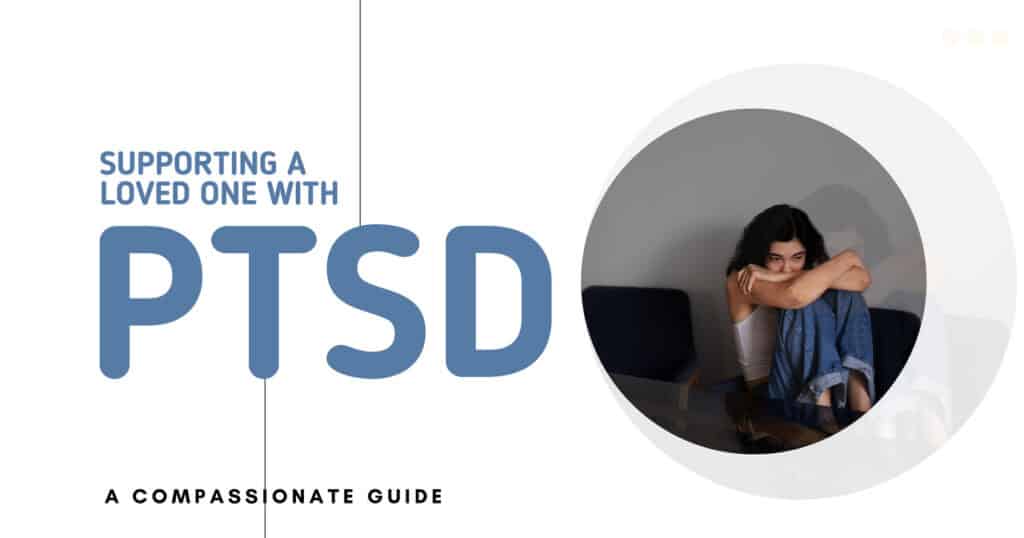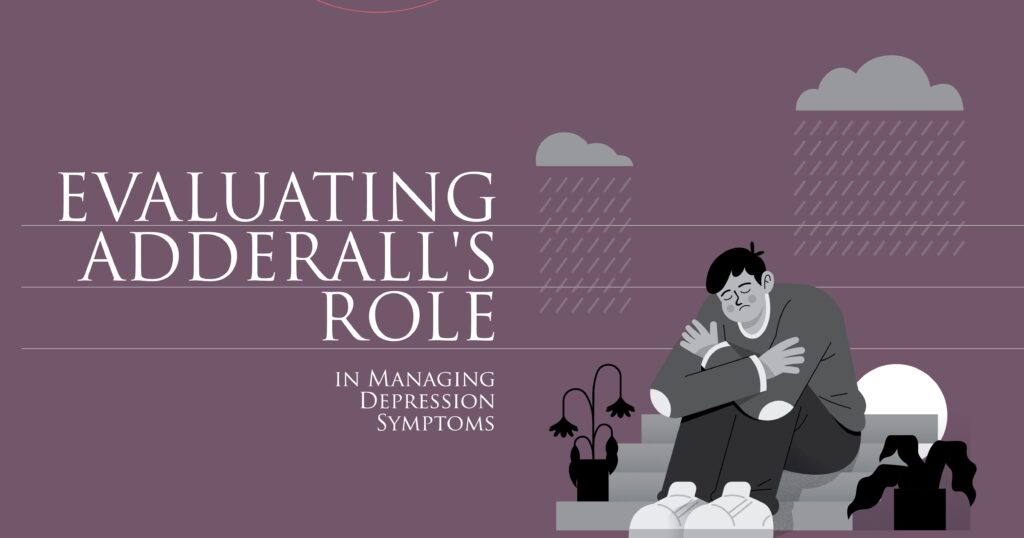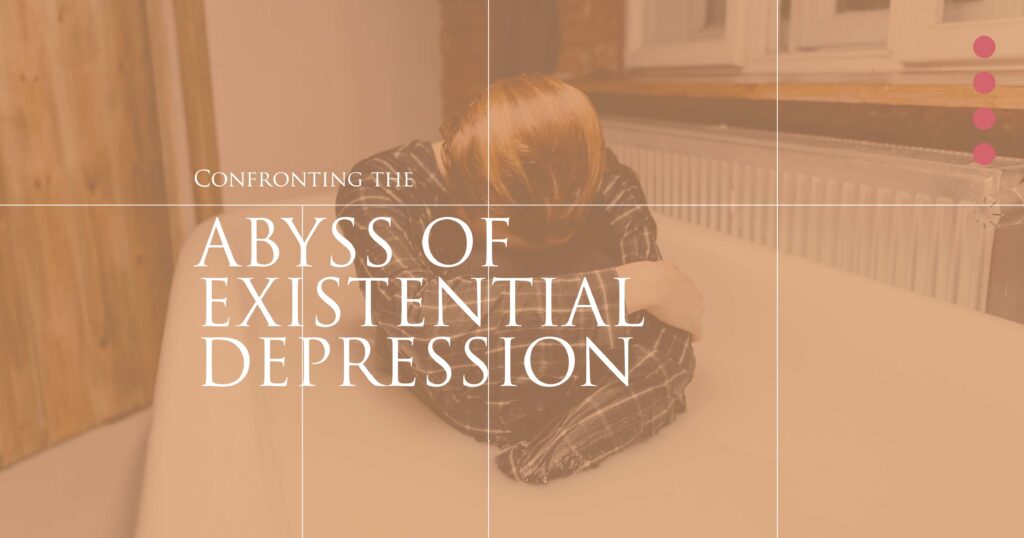Do you believe you or someone else you know well has Post-Traumatic Stress Disorder (PTSD)? If you or another person went through a major event that negatively impacted your mental or physical health, the remnants of this incident may stay with the injured person for a long time – sometimes, until the end of their life. This article will help you recognize the signs of PTSD, explore various PTSD support strategies, and specify the importance of therapy for treating PTSD.
Understanding PTSD: Signs and Symptoms
Usually, PTSD develops after the person went through a life-changing event or witnessed something horrible – many individuals with PTSD were victims of abuse or assault, lived in war-torn communities, or had an accident that severely impaired their health. While PTSD can be diagnosed only by a mental health professional, there are several symptoms that you need to look out for if you are suspecting you or someone else has PTSD:
| PTSD Symptom | Description |
Flashbacks |
People with PTSD often relive the most negative moments of their life whether they are seeing or hearing things that trigger bad memories in their brains. These occurrences cannot be predicted and they are involuntary which makes them harder to cope with |
Lack of Concentration |
Whether you are working or communicating with others, you can no longer focus on the task before you or perceive what others are saying; all your thoughts are consumed by the traumatic experience that happened to you |
Loneliness |
You might think no one can possibly understand your grief and sorrow, and that thought process will make you isolate yourself from others giving up on even the most significant relationships |
Sleep Issues |
Inability to fall asleep quickly, random waking up at night, nightmares, or oversleeping – all these signs point out you have an unresolved problem |
Anxiety, Stress, or Guilt |
There are various negative emotions you may experience after living through a traumatic event – scared to leave your house, feeling guilty for leaving someone behind while you were saved, or worrying about the incident repeating in the future |
San Jose Mental Health
The Importance of Empathy and Patience
Understand that it may take a while for another person to treat their PTSD – the process is non-linear, setbacks are possible, and the last thing this individual needs is your judgment and lack of patience. Show kindness and compassion to your fellow human and inform them that you will be there throughout their recovery so that they do not rush the treatment and do not feel like your approval depends on their mental health state.
The same applies to empathy – although you cannot fully comprehend what the other person went through, it should not stop you from understanding where they are coming from and what caused the behavior you find troubling. Whether you are a professional caregiver qualified to treat patients or your goal is to provide help for loved ones with PTSD, your willingness to get on the same page with the struggling person can go a long way.
Effective Communication Tips for PTSD Support
| Communication Tip | Description |
| Learn to Be an Active Listener | It is important to be an active listener when supporting loved ones with PTSD – pay attention to the words of the person and try to see the issues from their perspective. It is insulting to speak from your heart and realize the other individual was not registering what you said – a person with PTSD may be very offended by you treating your conversation as a nuisance |
| Prepare to Have a Casual Conversation | If you believe you need to have a serious discussion about the experiences another person went through, it is not always wise to force them to talk about traumatic experiences. Instead begin with random topics and ease them out into a deeper dialogue |
Be Ready for Heavy Topics |
It is likely the person suffering from PTSD would want to share their trauma with you – do not push them to pour out their emotions, simply let them know the conversation is private and you are there to listen to whatever they have to say |
Setting Healthy Boundaries
Boundaries are a crucial part of healing PTSD symptoms or at the very least, minimizing the negative impact of this disorder. Trauma of this sort disrupts the person’s life in the most unexpected ways which is why it is essential to set boundaries to protect your own comfort:
| Boundary Tip | Description |
Start With Yourself |
If you are unable to open up to other people, make changes only you are aware of. Meditate, practice mindfulness, spend less time in front of the computer, connect with nature – it is a good idea to build a safe space for yourself and see what other boundaries can help you on your path to recovery |
Communicate With Others |
It may be difficult to set boundaries when talking to other people but this is a necessary step to take. Let your family, friends, and colleagues know how a particular behavior can affect you. Ask other individuals to adjust certain words and actions and be precise so that they do not harm you |
Be Gentle With Yourself |
If you are not used to putting yourself first, it is a challenge to act confident and insist on your boundaries especially with possible pushback from others who do not respect your wishes. Do not blame yourself for others’ mistakes and keep trying to create a positive environment around you |
San Jose Mental Health
Encouraging Professional Help
Psychotherapy is a great tool for every person with a mental health disorder – the role of a therapist is even bigger if the individual suffering from PTSD does not know where to start their recovery. Acknowledging you need help is the first step and seeking a mental health professional equipped with skills to combat PTSD and related issues is the second step towards healing. Even if you think therapy is not for you, give it a try, you may change your mind and learn how to handle intrusive thoughts, avoid triggering situations, and prevent relapse in case in the past you were addicted to alcohol or drugs to cope with your trauma.
If a person you know is experiencing PTSD symptoms, encourage them to speak to a specialist but be ready for them to refuse to do so – supporting loved ones with PTSD is not easy yet try your best to understand the reasons behind their decision and bring up the possibility of therapy some other time when there is progress in recovery or vice versa.
Self-Care for the Caregiver
If you are a caregiver responsible for taking care of a person with PTSD, you may experience burnout and fatigue – common mental health issues for someone in your position. Here is some PTSD caregiver advice – make sure your own health is not neglected:
| Self-Care Tip | Description |
Make Time for Yourself |
A person with PTSD will not benefit from care provided by an exhausted individual no matter how capable and caring they are. It is your duty to stay physically active and mentally healthy – eat, drink, and sleep enough, connect with nature, and have enough days off to live your own life to the fullest |
Set Realistic Expectations |
It is not possible to be on guard 24/7 and help out another individual without taking any breaks yourself. Know the limits of your abilities, understand what can be achieved quickly and what requires long-term treatment, and do not punish yourself if the timeline of PTSD treatment must be modified |
Ask Others for Help |
Supporting loved ones with PTSD is not an easy task, and if you have been taking care of your relative or friend who needs constant support, you may need an occasional break. Ask another individual to take on your responsibilities even if only for one evening or weekend and consult with a therapist if the practices you have been implementing have not been effective |
Resources and Support Networks for PTSD
It is a smart idea to search locally for a therapist and have regular sessions to treat PTSD. Although there is no need to rush with the treatment, you can increase your chances of curing the symptoms by researching alternative treatment online and joining support groups for people that went through the same ordeal you did.
For instance, you can relate to the experiences of others after joining, speaking, and listening at the meeting of your peers who developed PTSD while in military service – give other people a chance to support you while they are healing themselves.
San Jose Mental Health
FAQs
- Can I self-diagnose myself with PTSD?
Only a mental health provider can make a diagnosis and prescribe treatment; however, there are signs you can notice and deduce PTSD is likely – if you feel like the traumatic event may happen again, your thoughts are all over the place, and you experience panic attacks, go to the therapist for counseling.
- Do I need to share my traumatic experience with others?
You are not obliged to reveal any details of your past to others especially if you are still trying to make peace with what happened to you. Wait until you are in the presence of someone you trust or book an appointment with a therapist if you want to receive support after experiencing unpleasant symptoms.
- What are the trauma support tips to manage PTSD?
Come up with a clear list of boundaries, focus on building a supportive environment, and practice relaxation techniques from breathing exercises to meditation to calm down at the end of the day or when your emotions get overwhelming.
- Is therapy a must to treat PTSD?
No matter what kind of trauma you experienced, therapy is always the right choice – let a professional suggest short- and long-term treatment, prescribe medication, and provide you with guidance as you are navigating this challenge.
- Does a caregiver need emotional support after providing assistance?
Professional caregivers and people who take care of others with PTSD cannot put themselves last – their health is also a priority. Caregiver fatigue is a serious issue, so make sure you prevent its symptoms or at the very least eliminate them.








